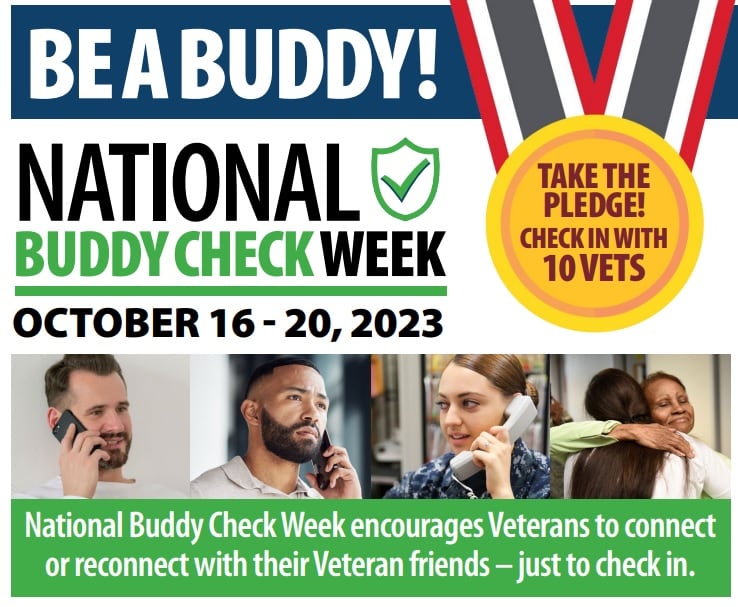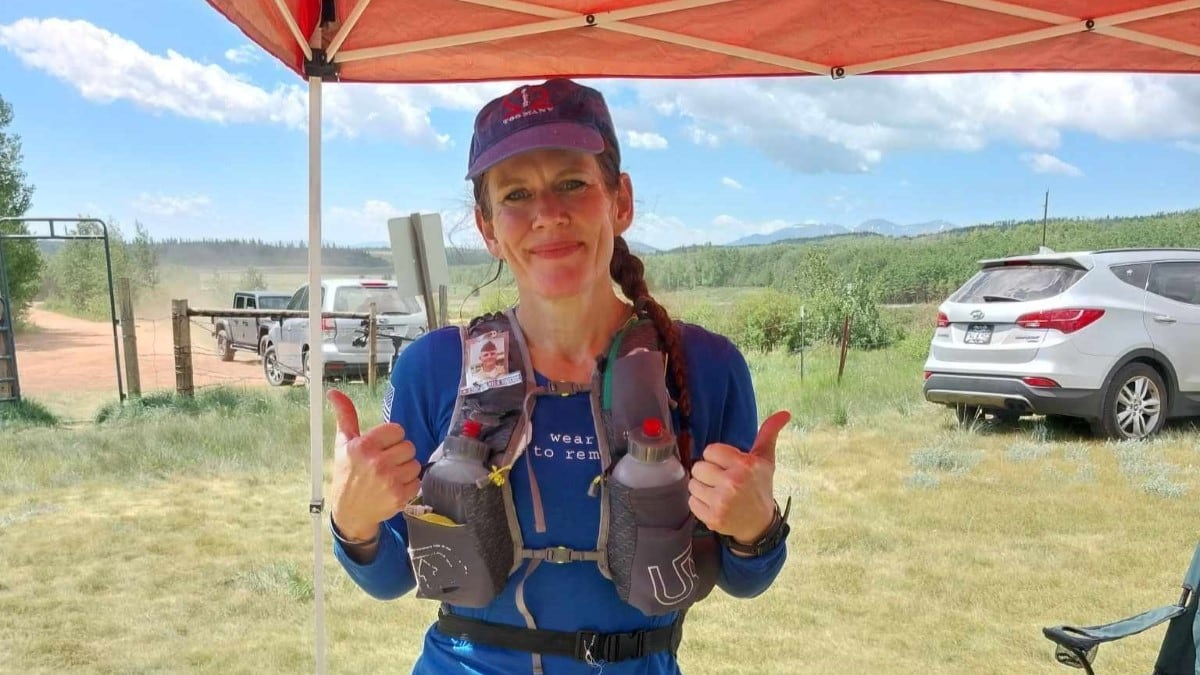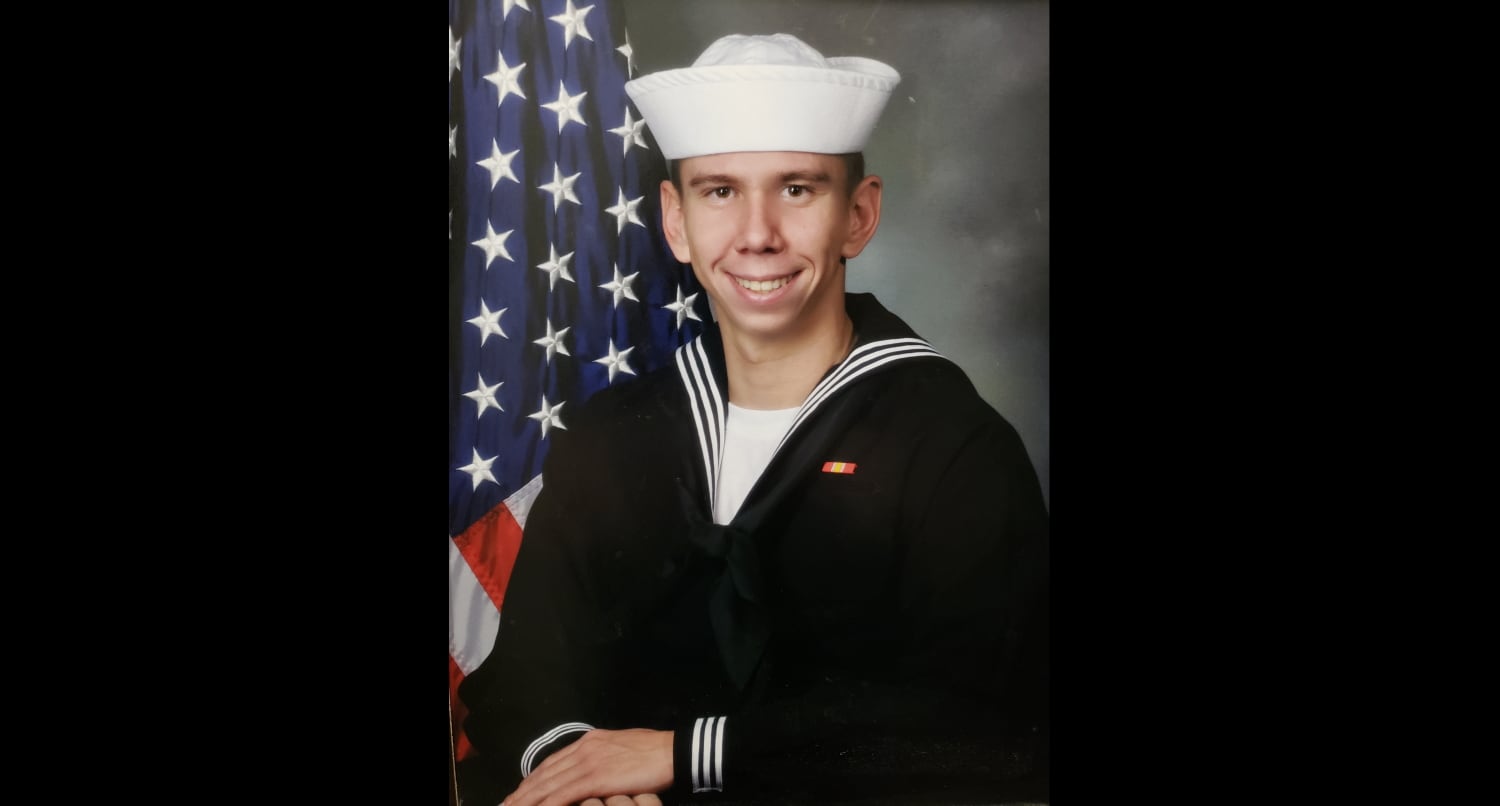Rosie Gagnon started running long distances in 2017 to contend with emotional turmoil at home.
Her eldest son, Marine veteran James Dexter Morris, was going through a mental health crisis, including bipolar and schizoaffective disorders that progressively got worse. But even when he was in the hospital for his illnesses in 2017, he prompted Gagnon: You run so much, you should run a marathon, Mom.
Gagnon, a resident of Berryville, Virginia, ended up running her first ultramarathon, a roughly 31.1-mile 50K, even before she tried her first 26.2-mile marathon. She fell in love with ultramarathons.
Then her son, called Dexter, challenged her to do the longest race she knew of: a 100-miler.
“You could do that — you already run so much,” Gagnon recalled her son telling her.
She was training for her first 100-mile race when Morris died by suicide Feb. 25, 2018, at the age of 23.
“It was so catastrophic,” Gagnon, now 50, said of her son’s death. “There’s just no words.”
She told Marine Corps Times she thinks her running training “probably literally saved my life” during the devastating weeks and months that followed February 2018.
RELATED

Now, she is more than halfway toward her goal of running 100 100-mile runs to raise awareness for military and veteran suicide prevention, and to provide hope for families living with losses like hers.
Growing up, Morris liked hunting, tussling and playing board games with his seven siblings, Gagnon said. Even as a preteen, he read voraciously about military history.
As an overweight 15-year-old, he decided he wanted to become a Marine, according to Gagnon. He surprised his mother by getting into shape through mixed-martial arts classes and ultimately enlisted in the Marine Corps. That was what he wanted, Gagnon said: to serve.
He was a tough, independent person, but he was a mama’s boy at heart, with her same sarcastic sense of humor, Gagnon said.
While training in the Marine Corps to become an infantryman, Dexter Morris tore his ACL, and received opioids to treat the pain, according to Gagnon, who said her family now believes the opioids may have helped trigger the onset of Morris’ mental illnesses.
In 2016, the private first class was medically separated from the Marine Corps, a difficult event for a young man who loved to serve.
“All he ever wanted to do was be a Marine,” Gagnon said. “From his perspective, his life was just over.”
After her son’s death, Gagnon didn’t want to get up in the mornings.
But because she was training, she had to lace up her shoes and, “in robot mode,” run dozens of miles at a time multiple times per week. Those runs helped her get through the rest of the day, she said.
The first time she attempted a 100-mile race — April 2018, two months after her son’s death — she had to drop out around 60 miles into the West Virginia course. She just couldn’t run any further.
Gagnon, determined to finish the 100-mile distance in her son’s memory, soon after signed up for another race: the Lighthouse 100 in Traverse, Michigan.
In that June race, she felt her son’s presence cheering her on across the miles, she recalled. Her family was there to support her, too.
As she crossed the finish line, she felt something unexpected: joy.
“For a while, I didn’t think I could ever feel any kind of happiness again,” Gagnon said. “It still took a long time before that was a regular thing. But I always found it at the finish line of a 100-miler.”
At a race on a hilly trail in Ohio in fall 2019 that she was running in her son’s memory, she squeaked across the finish line five minutes below the 32-hour cutoff, with pacing help from the race director and volunteers, she said.
Afterward, Gagnon said, she had a feeling her son was telling her: You’ve run enough for me, Mom; let’s see if we can help someone else.

Gagnon became committed to running 100 100-mile runs to raise awareness about suicide among service members and veterans. She has since learned that there’s an official club of those who have completed 100 100-mile races specifically, she noted.
“I’ve added a secondary goal for 100 100 official races, but those early runs were an integral part of my survivor story and learning to move forward with Dexter in spirit, so I am counting self supported races in my goal of 100 100s,” she wrote in a follow-up email to Marine Corps Times. “When I hit that I’ll continue to get in the books while still running for veteran suicide awareness.”
RELATED

Approximately 20 veterans and service members die by suicide each day, according to Veterans Affairs numbers. Officials from America’s Warrior Partnership in 2022 estimated the number was significantly higher with drug overdoses factored in, Military Times previously reported.
Gagnon said of families who have lost loved ones who served to suicide, “They just don’t quite fit in with anyone. It’s like a unique kind of grief that’s very difficult and stigmatized.”
She wants those families to know that their loved ones were heroes, because they chose to serve. And she wants them to know that it’s possible to survive losing a loved one to suicide. That it’s possible to honor that loved one’s life. That it’s possible to feel joy again.
Gagnon’s story, and mission, is reminiscent of that of Marine veteran Rob Jones, who ran 31 marathons in 31 days despite having lost the bottom of both his legs to an improvised explosive device.
“I want to show other vets who have experienced trauma that there’s a path,” Jones told Marine Corps Times in 2018. “A reason to continue fighting.”
The Marine Corps Marathon on Oct. 29 will form the beginning of Gagnon’s 60th 100-miler, approximately four years after she began this endeavor.
After the first 26.2 miles around the National Capital Region, Gagnon will run the remaining 73.8 miles toward Mount Vernon in Virginia and then back around Washington, she said. Her hope is to complete the 100 miles in under 28 hours.
Gagnon has been partnering with the nonprofit organization Wear Blue: Run to Remember, to honor the lives of service members and veterans who have died by suicide.
Inspired by Gagnon, Wear Blue has called on its supporters to engage in suicide-prevention activities as part of the Warrior 100 initiative. Wear Blue also is partnering with the Cohen Veterans Network for the initiative, according to Lee Yoneyama, Wear Blue’s director of operations.
The marathon, which is managed by Marines, carries a special meaning for Gagnon: She loves Marines, and Dexter Morris loved being one, she said.
“He was a good man, and a good son, and a great brother, and he wanted to be a good father,” Gagnon said. “An illness stole that from him. … He wanted to serve, and I’m hoping by doing this, it’s giving him a way that he can still serve.”
Editor’s note: Troops, veterans and family members experiencing suicidal thoughts can call the 24-hour Suicide and Crisis Lifeline at 988 or 1-800-273-8255, text 838255, or visit VeteransCrisisLine.net.
Irene Loewenson is a staff reporter for Marine Corps Times. She joined Military Times as an editorial fellow in August 2022. She is a graduate of Williams College, where she was the editor-in-chief of the student newspaper.




